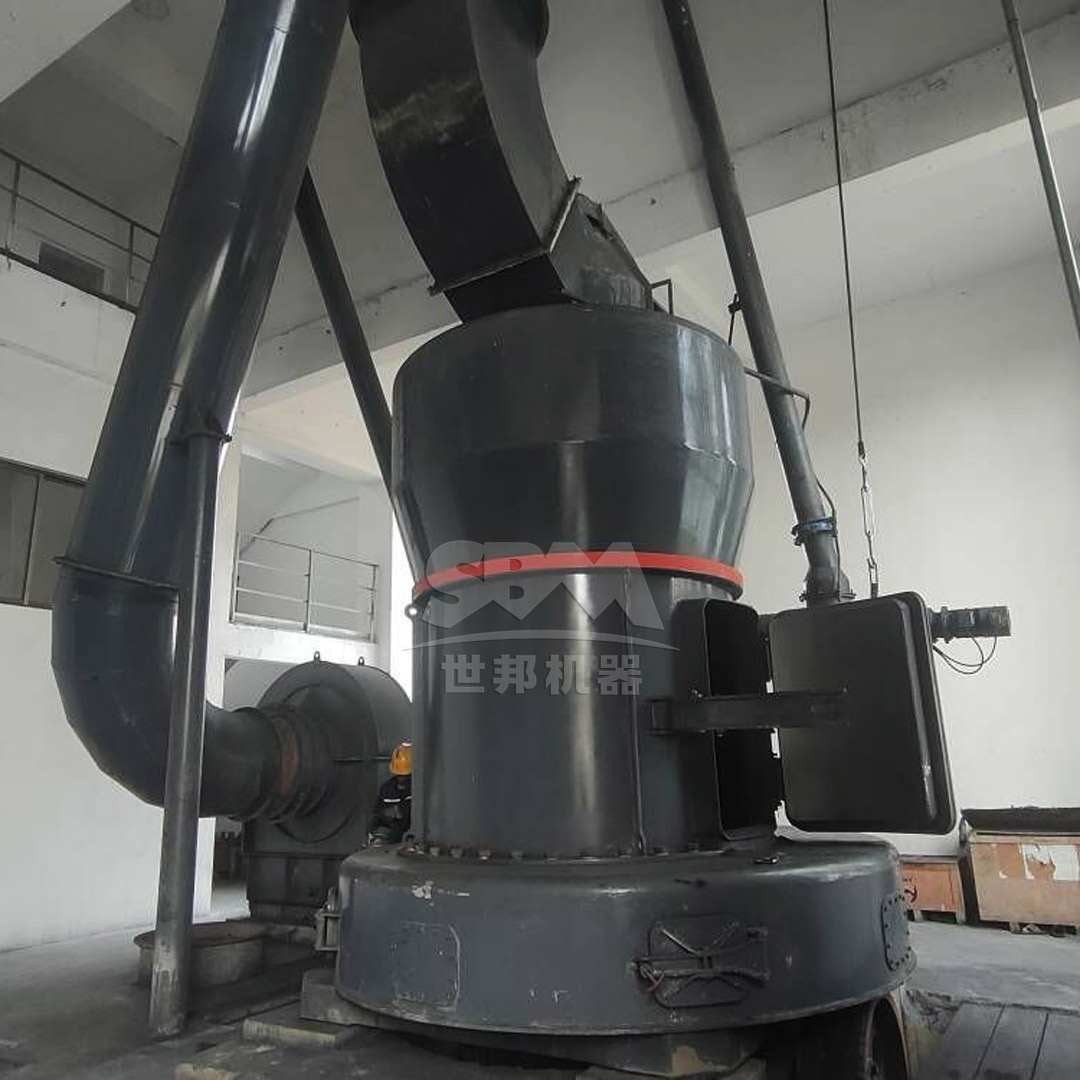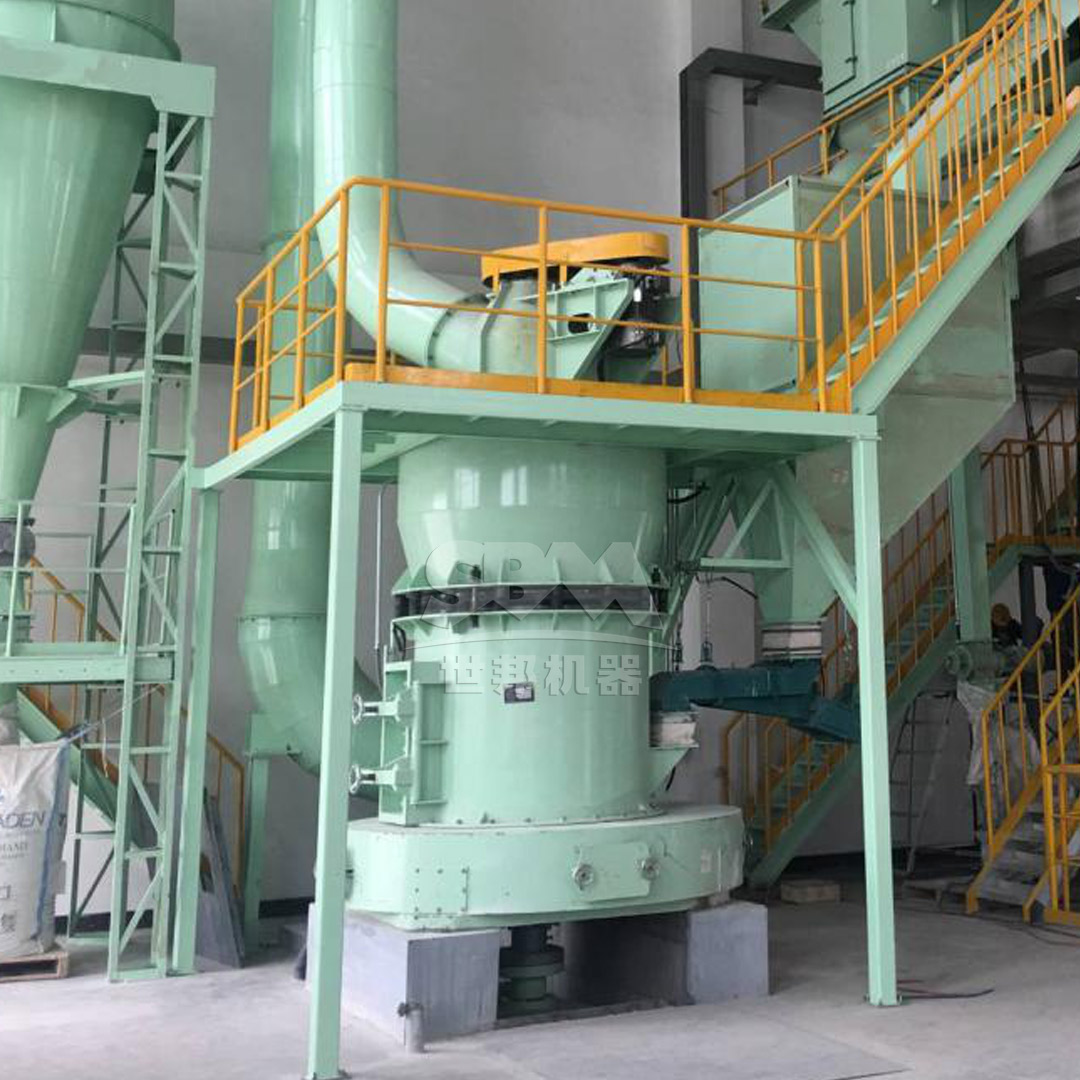Barite (barium sulfate) is a critical weighting agent in drilling mud formulations for the petrochemical industry. Its high specific gravity (4.2-4.5 g/cm³), chemical inertness, and ability to form stable suspensions make it indispensable for controlling wellbore pressure and preventing blowouts. The effectiveness of barite in drilling fluids is highly dependent on its particle size distribution and purity. Finely ground barite with controlled particle size ensures optimal mud rheology, reduces sagging, and minimizes abrasion on drilling equipment. This creates a stringent requirement for specialized grinding mill equipment capable of producing high-purity barite powder with precise particle size control, typically within the range of 200 to 600 mesh (74 to 25 microns) for most drilling applications, and even finer for specialized high-performance muds.

The grinding of barite for drilling mud presents unique challenges that not all milling equipment can adequately address. The primary objective is to reduce the particle size without compromising the mineral’s specific gravity or introducing excessive impurities from wear parts. The ideal mill must achieve a narrow particle size distribution; too many coarse particles can lead to settling and barite sag, while an excess of ultra-fine particles can increase viscosity undesirably and reduce drilling rates. Furthermore, the grinding process must be efficient and cost-effective, as barite is a relatively low-value commodity where processing costs significantly impact overall project economics. The equipment must also be robust to handle the moderately abrasive nature of barite ore, which often contains silica and other hard minerals.
Selecting the right grinding technology is paramount for a profitable and efficient barite processing plant. The choice often depends on the desired final product fineness, capacity requirements, and capital/operating cost considerations. For producing the standard API-grade barite (97% passing 200 mesh / 74 μm), robust and cost-effective mills like Raymond Mills (MTM Series) or European Type Trapezium Mills (MTW Series) are commonly employed. However, for higher-value applications requiring ultra-fine barite or for ores that are more difficult to liberate, more advanced technologies are necessary.
For most drilling mud production facilities aiming for standard API specifications, the MTW Series European Type Trapezium Mill represents an optimal balance of performance, efficiency, and reliability. This mill is engineered to handle the specific demands of non-metallic mineral grinding, including barite.

The MTW Mill’s design incorporates several features that make it exceptionally suitable for barite:
| Model | Max. Feeding Size (mm) | Finished Size (mesh) | Capacity (t/h) | Main Motor Power (kW) |
|---|---|---|---|---|
| MTW175G | <40 | 10-325 | 9.5-25 | 160 |
| MTW215G | <50 | 10-325 | 15-45 | 280 |
The MTW215G model, with a capacity of up to 45 tons per hour, is particularly well-suited for large-scale mud plant operations, providing consistent, high-volume production of on-spec barite powder.
As drilling operations move into more challenging environments like deepwater and high-pressure/high-temperature (HPHT) wells, the demand for ultra-fine barite (finer than 600 mesh / 25 μm) is growing. This finely ground barite improves fluid stability and reduces erosion on downstream equipment. For these premium products, the SCM Ultrafine Mill is the technology of choice.
This mill excels in producing precisely controlled, ultra-fine powders with a narrow particle size distribution. Its core advantages for ultra-fine barite production include:
| Model | Max. Feeding Size (mm) | Finished Fineness (mesh) | Capacity (t/h) | Main Motor Power (kW) |
|---|---|---|---|---|
| SCM1000 | ≤20 | 325-2500 | 1.0-8.5 | 132 |
| SCM1250 | ≤20 | 325-2500 | 2.5-14 | 185 |

The production of high-quality barite for petrochemical drilling mud is a precise science that demands equally precise and reliable grinding technology. The choice between a workhorse mill like the MTW Series for standard API barite and a high-tech ultra-fine mill like the SCM Series depends entirely on the target market, product specifications, and economic goals of the processing plant. Both solutions offered by our company are engineered with durability, efficiency, and environmental responsibility in mind, ensuring that your barite grinding operation is not only productive but also sustainable and cost-effective in the long run. Investing in the right grinding technology is the foundational step towards becoming a leading supplier to the demanding petrochemical drilling industry.